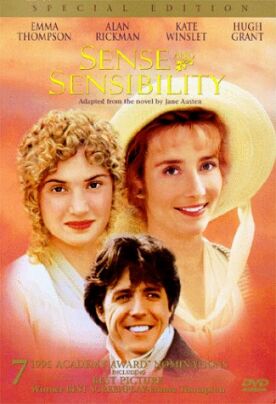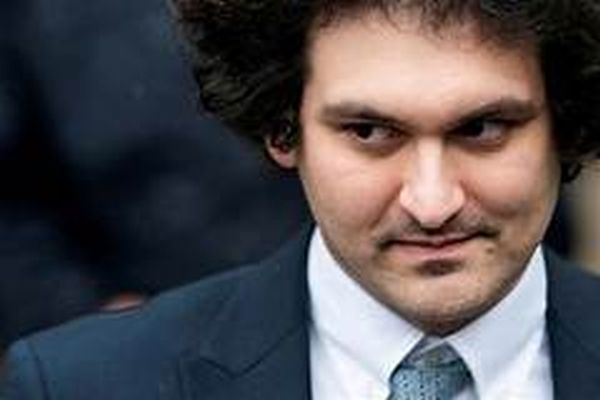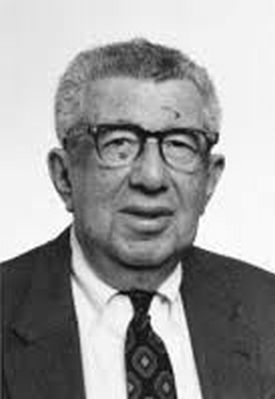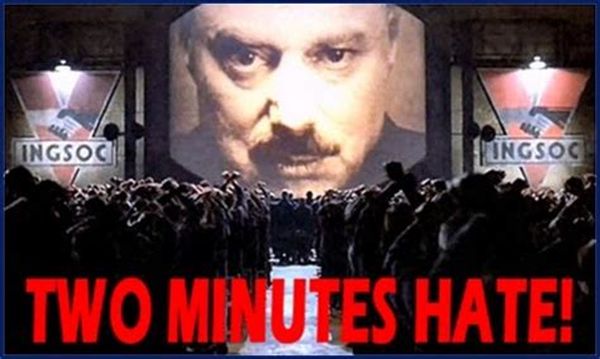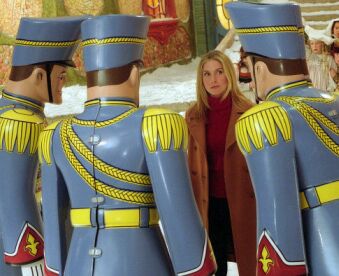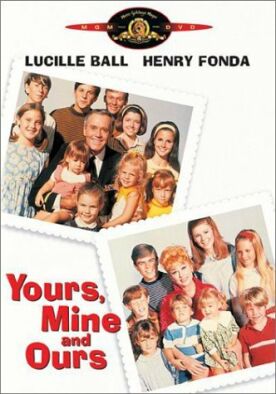The Inexhaustible Adaptability of Jane Austen
From The New York SunThe recent fad for movie or TV adaptations of Jane Austen’s novels is only one reminder of the paradox of her continuing popularity. Surely no great novelist has ever been more parochially bound to a particular time and place and social milieu — one that seems particularly remote from our own — and yet no great novelist of the past has been more read and appreciated, as well as adapted, in our own time. To some extent this phenomenon is owing to misreading. It’s true that Jane Austen was enough of a modern and a romantic to have been on the side, generally speaking, of the individual (and especially feminine) spirit against the dead hand of social constraint, but she is very far from regarding social constraint in the modern way as something to be contemptuously dismissed.
It is just because the claims of family and community and social class and convention are so powerful with her that the eventual breakthrough of her characters into personal fulfilment is so moving. Their hard-won victories are cheapened in many of the contemporary adaptations of her novels because we no longer take the opposition seriously. Those who know Persuasion only in the adaptation of 1995 by Roger Michell (director) and Nick Dear (writer), for example, might wonder where the title comes from. In the novel, the heroine, Anne Elliot, while still a girl was persuaded by her older and wiser friend, Lady Russell, not to marry the impecunious sailor who, returned from the Napoleonic wars years later as Captain Wentworth, seems a very much better prospect now that Anne is on the shelf.
Yet Jane Austen goes out of her way to show us — and the initially embittered Captain — that Anne was not wrong or lacking in spirit for having taken Lady Russell’s advice. And when her good sense is contrasted with the rashness of the younger but headstrong Louisa Musgrove, whom the Captain for a while prefers to her, even he is forced to admit it. The film pretty much ignores that serious moral argument, so much at odds with our follow-your-bliss culture, making the Captain (Ciarán Hinds) see only that Louisa (Emma Roberts) is a fool and that he still has feelings for his first love, Anne (Amanda Root). Thus he becomes something of a female fantasy figure — the man whom greater youth or beauty cannot, ultimately, lure from your side nor ill-treatment drive away — but at the cost of a loss of some moral seriousness.
Likewise, Patricia Rozema’s film of Mansfield Park (1999) makes Fanny Price (Frances O’Connor) cling to her seemingly hopeless passion for her cousin, Edmund Bertram (Jonny Lee Miller) in rejecting the seemingly brilliant opportunity offered her by the proposal of Henry Crawford (Alessandro Nivola). But Henry’s moral dubiousness — signaled by his passion for acting in amateur theatrical productions — gets lost in the film’s much more modern-sounding jeremiad against slavery and “imperialism.” Jane Austen may not have championed slavery, but she wouldn’t have known what imperialism was. In any case, her interest in personal morality never quite made it, so far as we know, into the political realm.
Nor does Ms Rozema’s film quite convey how torn a real-life Fanny would have been between marrying well for the sake of her family and taking the risk, for the sake not of another man but her own rather priggish sense of moral rectitude, of not marrying at all. Ms Rozema’s Fanny is too much the feminist-out-of-her-time to impress us with the Austenian sense of her vulnerability. Generally speaking, it is the need to pay a proper respect to feminist principle that is most likely to get in the way of a faithful rendering of Jane Austen’s more serious points. In the new Bride and Prejudice, Gurinder Chadha might have been supposed to have set Pride and Prejudice in India in order to sanitize the theme of the search for a suitable husband, but at the same time she presents the Bennet-Bakshi girls very Western and up-to-date in their attitudes. When her Mr Darcy (Martin Henderson) speaks of the Indian custom of arranged marriages as “backwards,” they bristle up, but they essentially agree with him.
There is still more of the feminist subtext apparent in the character of Mr Kholi (Nitin Chandra Ganatra), the Mr Collins of the film, who has come back to India from California to find a “simple, traditional, submissive” Indian wife. “In US they’re all too outspoken and career orientated,” he says, and then in a shocked whisper: “and some have even turned to the Lesbian.” Well, you can guess what the film does with him. Meanwhile the movie’s dreamboats, Mr Darcy and Balraj-Bingley (Naveen Andrews) are thoroughly up to date in their attitudes and presumably don’t want submissive wives at all. I cannot but regret that the subtlety of Jane Austen’s humor at the expense of poor Mr Collins is completely lost with the character of Mr Kholi.
Somehow it seems fundamentally untrue to her spirit to make bad manners, which she cared about so much, into the merely politically convenient “male chauvinism” of which she would have known nothing. But a complete updating of the novel like this, or like Amy Heckerling’s Clueless (1995), which saw the title character of Emma as a Valley Girl, is in a way more honest than the Masterpiece Theatre-type costume dramas which import modern attitudes into an ostensibly Regency setting. And by treating the business of courtship as not just incidentally comic, as it is in Jane Austen, but essentially so, it doesn’t leave us with the same sense that something is missing.
Yet it is possible to produce a version of Jane Austen that is more authentic, as Ang Lee (director) and Emma Thompson (writer and star) showed in Sense and Sensibility (1995). They not only get right the romance trappings, common to all the novels, but also manage to preserve something of the moralizing dichotomy of the title. This is quite an achievement, given the presumptive limitations of 21st century sensibilities. Of course, it’s not an exact equivalent. Kate Winslet’s Marianne Dashwood is passionate and impetuous like her original, but what we might consider the ideological context of “sensibility” has had to be cut out. Jane Austen’s Marianne is passionate on principle, Miss Winslet’s is only by temperament. This in turn gives Miss Thompson’s Elinor little to do beyond cleaning up Marianne’s messes and waiting with diminishing hope for her own, much less dashing dream man, played by Hugh Grant to arrive. When at length he does, it is at the very moment when she has at last given up all hope of him, and the sudden shock of happiness finally shakes to pieces Elinor’s rock-solid composure on which everyone else has been relying. She bursts into uncontrollable sobs which it is impossible to watch unmoved.
There are many other terrific scenes in this rich-textured movie whose photography so effectively echoes its theme, being divided between the elegant, painterly interiors of “sense” and “sensibility’s” wild natural scenes that appear to have been modeled on Constable or even Turner. Above all, the movie shows an almost Janean sense of decorum. Like the morality which it champions, such filmmaking puts the highest value on passion as contained by reticence and restraint, and so it brings us as close as we are ever likely to get to experiencing in the movies what Jane Austen intended us to experience in her novels. It also suggests that behind
the spate of Austenian adaptations there may lie a certain nostalgia for a time in which the jungle of feelings and expectations that marriage has become for us was contained within social and customary boundaries.
Discover more from James Bowman
Subscribe to get the latest posts to your email.

